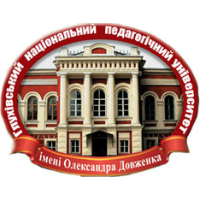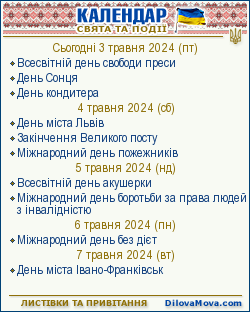 English
English Русский
Русский Українська
Українська
Languages
TABORANSKY S. P. Actual problems of the oral history at the Bucharest International Congress of historians in 1980
The Bucharest International Congress of Historians of 1980 clearly reflected the achievements of European historians in the field of oral history. It can be argued that the scientific community formed two approaches to understanding the role of oral historical evidence in the study of the past. According to the first approach, memories should be used in the absence of written documents, or as an additional source of information. This position was most fully expressed by the East German historian Ralph Richter and his Hungarian counterpart Tibor Eren.
In turn, the Hungarian historian Glyants Ferenc expressed his position on the first-grade oral evidence, especially when studying the problems of everyday life. His opinion was supported by Jose Alan and Richard Khovansyan, who specialized in the study of the Spanish Civil War (1936–1939) and the Armenian genocide during the First World War.
Also at the international congress of historians in the capital of Romania, an important segment of the discussion field was the formation of a quality oral history base. So, Mercedes Vilanova, Dominic Villes, Theodore Barker, Jose Alan drew the attention of their colleagues to the fact that the researcher of oral history is able to provide a high level of information content and reliability of the source database. For this, the historian must rationally use the technological advances of the second half of the twentieth century and use a tape recorder in "field work". This, in turn, should relieve the researcher from the need for written notation and allow him to concentrate on the respondent‟s answers. Also, the audio recording should ensure recording of respondent's emotions, changes in his voice and behavior when the nature of the questions changes.
In addition, researchers of oral history pay attention to the ability to choose the right respondent and skillfully ask questions that would most fully reflect his personal vision of the past. Some participants of the meeting made a post-positivist approach to memories and assess the authenticity of historical memory. They analyzed the practical problems of collecting oral testimonies, emphasized the importance of scientific and technological progress for the development of oral history, outlined the stages of preparation and conduct of interviews, considered the criteria for selecting respondents, noted the interdisciplinary nature of oral history. The diversity of opinions expressed clearly illustrates the role of congresses as a platform for dialogue between representatives of different approaches to the study of the past.
Keywords: international congress, oral history, memories, respondent, interview, source base.
- 219 reads





